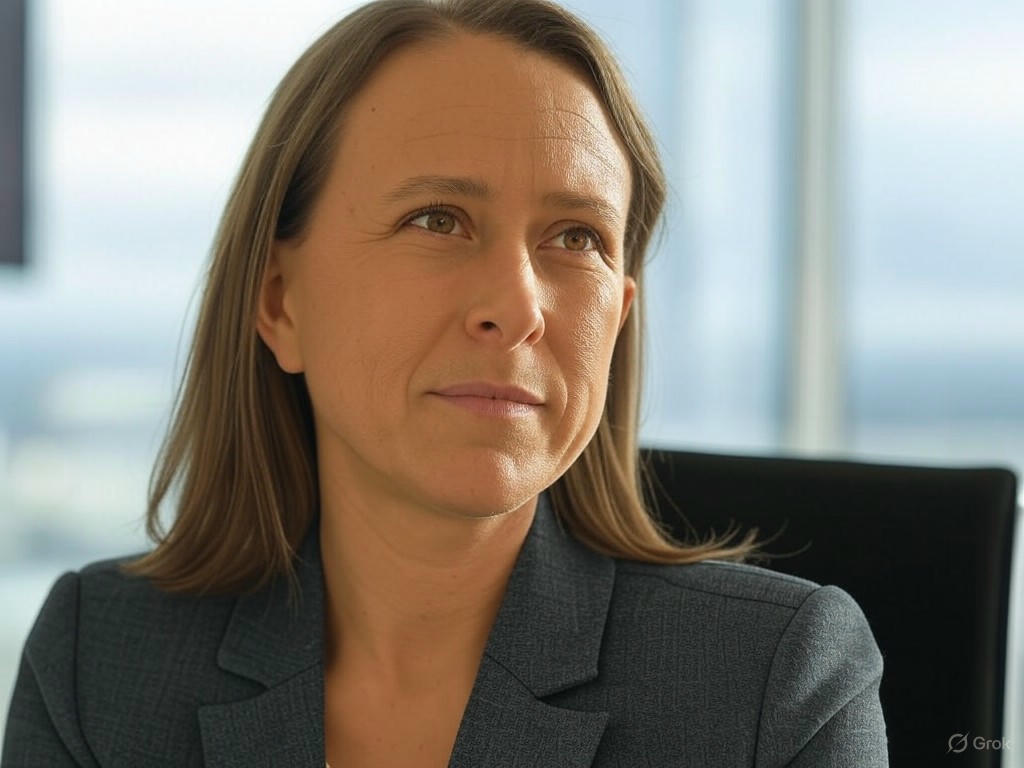Genetic Roots Reclaimed: 23andMe Founder Repurchases Company from Bankruptcy
In a surprising turn of events, the founder of 23andMe, a pioneering genetic testing company, has successfully reacquired the business through a bankruptcy auction. This move, finalized in June 2025, marks a significant chapter in the company’s tumultuous journey, raising both hope and questions about the future of personal genetic data. Once a trailblazer in consumer DNA testing, 23andMe faced financial struggles in recent years, leading to its bankruptcy filing. The founder’s decision to buy back the company signals a personal commitment to steer it back to stability and innovation.
The journey of 23andMe has been anything but ordinary. Launched with the promise of empowering individuals to explore their ancestry and health risks through DNA, the company captured global attention. However, mounting operational costs, regulatory hurdles, and privacy concerns over genetic data usage took a toll on its finances. The bankruptcy auction was seen as a potential end for the brand, with fears that a new owner might exploit the vast database of user DNA for profit or misuse. Speculation about data transfers to third parties had sparked widespread unease among customers who entrusted their most personal information to the platform. The founder’s return as the winning bidder, however, offers a glimmer of reassurance. With intimate knowledge of the company’s mission and values, the original visionary behind 23andMe may prioritize safeguarding user trust over short-term gains.
This buyback isn’t just a business transaction; it’s a statement of intent. Industry analysts suggest that the founder aims to rebuild 23andMe with a renewed focus on transparency and ethical data practices. While financial details of the auction remain undisclosed, the move hints at a strategic plan to address past criticisms, particularly around how genetic information is stored and shared. Customers, many of whom have voiced concerns over potential data breaches or unauthorized access, might find solace in the founder’s hands-on approach to navigating these challenges. There’s also speculation about new partnerships or technological advancements that could reposition 23andMe as a leader in personalized medicine, provided privacy remains a cornerstone of its operations.
Looking ahead, the road to recovery won’t be easy. Rebuilding consumer confidence and ensuring regulatory compliance will be paramount. The founder’s vision will be tested as they balance innovation with the ethical responsibility of handling sensitive genetic data. Yet, this reacquisition offers a rare second chance—a opportunity to redefine what 23andMe stands for in an era where data privacy is more critical than ever. For now, the return of the original creator to the helm instills cautious optimism among stakeholders. As the company embarks on this new chapter, the world watches to see if it can reclaim its place at the forefront of genetic discovery while protecting the very essence of its users’ identities. This is not just a business revival; it’s a personal mission to honor the trust of millions.


